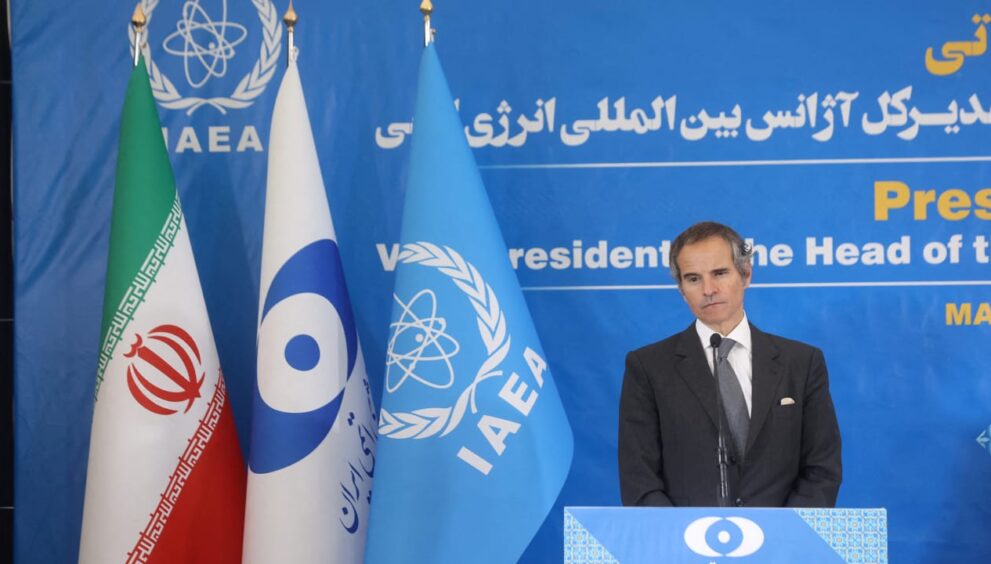The International Atomic Energy Agency (IAEA) announced that its remaining inspectors have departed Iran, amid an unresolved dispute over access to the country’s nuclear facilities following recent military strikes.
The inspectors have not been able to carry out monitoring activities at Iranian nuclear sites since military operations targeting these facilities began three weeks ago. The conflict resulted in significant damage to key uranium enrichment sites. In response, Iran’s parliament passed legislation to suspend cooperation with the IAEA until the safety of its facilities and personnel can be ensured.
While Iran has not formally notified the IAEA of a suspension in cooperation, the agency has stated it is unclear when inspections might resume. The inspectors’ departure marks a further setback in efforts to reestablish monitoring and verification measures critical to the implementation of Iran’s non-proliferation commitments.
“An IAEA team of inspectors today safely departed from Iran to return to the Agency headquarters in Vienna, after staying in Tehran throughout the recent military conflict,” the agency said in a statement.
Diplomatic sources indicated that the number of inspectors in Iran had already been reduced significantly following the onset of hostilities on June 13. Concerns over the safety of agency personnel have increased amid strong criticism of the IAEA by some Iranian officials and media outlets.
Tensions have escalated since the IAEA issued a report on May 31 concluding that Iran was not in compliance with its nuclear non-proliferation obligations. The report was followed by a resolution from the IAEA’s Board of Governors.
Despite the current challenges, IAEA Director General Rafael Grossi emphasized the importance of resuming engagement. “The Director General reiterated the crucial importance of the IAEA discussing with Iran modalities for resuming its indispensable monitoring and verification activities in Iran as soon as possible,” the agency stated.
Iran’s Foreign Minister reaffirmed the country’s continued commitment to the Nuclear Non-Proliferation Treaty (NPT). Under the NPT, Iran is required to account for all of its enriched uranium stocks. However, the recent military strikes have disrupted the monitoring framework, raising concerns about the status and whereabouts of Iran’s nuclear materials, particularly the more than 400 kilograms enriched up to 60% purity—close to weapons-grade level.
While Iran maintains that its nuclear program is entirely peaceful, several governments have questioned the civilian justification for such high levels of enrichment. The IAEA has noted that no country has enriched uranium to that level without also developing nuclear weapons capabilities.
“We cannot afford that the inspection regime is interrupted,” Grossi said at a recent press conference in Vienna, underscoring the urgency of restoring monitoring access to ensure transparency and compliance.



